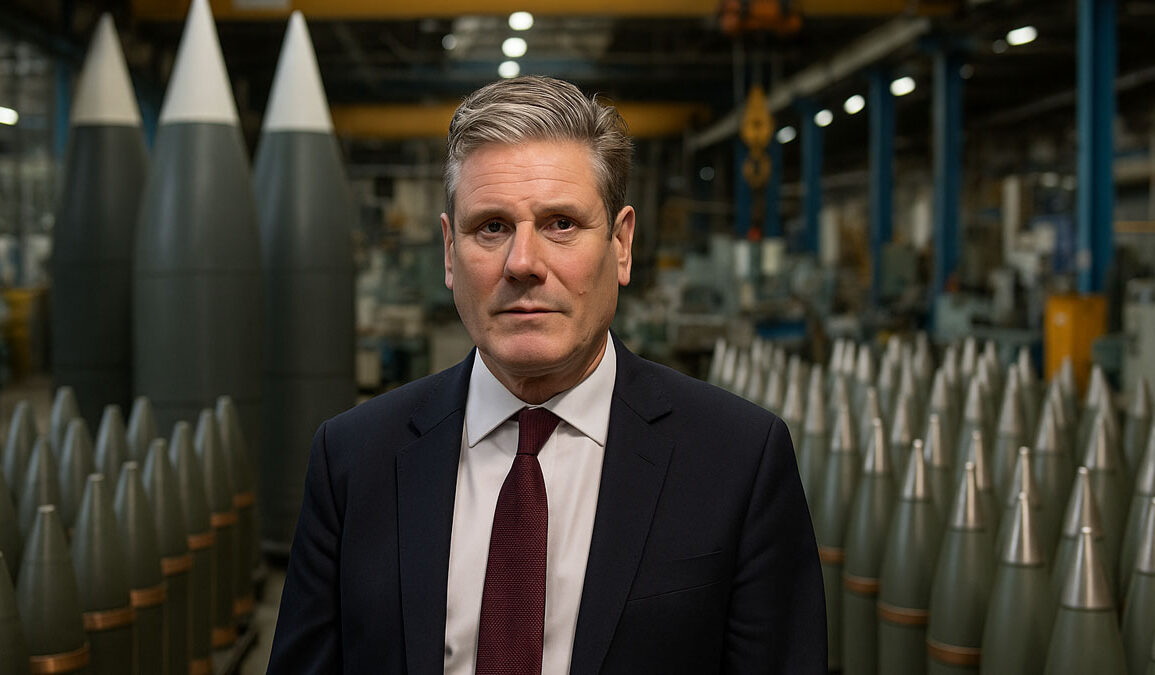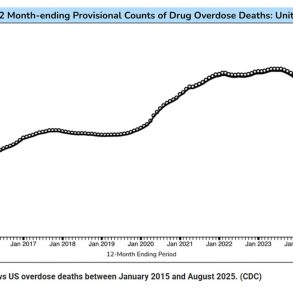The United Kingdom is taking a big step forward in military readiness by investing 15 billion pounds, which is around $20.3 billion, in a new nuclear warhead program and building six new munitions factories. Prime Minister Keir Starmer made this announcement on June 2 during a speech at the BAE Systems shipyard in Glasgow, Scotland. He said the investments are part of a Strategic Defence Review aimed at making the country “war-fighting ready” and prepared to face rising threats in the world.
Starmer explained that the government would be accepting all 62 recommendations made in the review. The review was led by former NATO Secretary General George Robertson and is meant to strengthen the military so it can protect Britain in a changing and dangerous world. Starmer said, “We will create a battle-ready, armour-clad nation with the strongest alliances, and the most advanced capabilities, equipped for the decades to come.”
Major Boost in Military Spending
The UK government plans to spend the money on a “sovereign warhead program” to renew Britain’s nuclear deterrent. Starmer said the nuclear warheads are “the ultimate guarantor of our safety and our security.” At the same time, Britain plans to build up to 12 new attack submarines as part of the AUKUS alliance with Australia and the United States. These submarines will be nuclear-powered but carry conventional weapons.
While the UK has always said its nuclear weapons are independent, there is still a lot of cooperation with the United States. Samuel Rafanell-Williams from the Scottish Campaign for Nuclear Disarmament told The Epoch Times, “The UK’s submarines regularly visit a port in Georgia, USA, to have these missiles loaded and serviced. The notion that the UK has an ‘independent’ nuclear capability is therefore a fantasy.”
The British Defence Minister, John Healey, said on June 1 that the investments are meant to “better deter our adversaries” and make Britain more secure. Healey said, “The hard-fought lessons from Putin’s illegal invasion of Ukraine show a military is only as strong as the industry that stands behind them.”
Building Factories and Creating Jobs
Part of the plan includes spending 1.5 billion pounds to build six new munitions factories that will make long-range missiles and other weapons. This will create more than 1,000 new manufacturing jobs and support around 800 more jobs in different parts of the country. Healey said during a visit to a factory that makes Storm Shadow missiles, “Six billion over the next five years in factories like this which allow us not just to produce the munitions that equip our forces for the future but to create the jobs in every part of the UK.”
The government says these factories and the steady flow of weapons will create an “always on” production pipeline. This means there will be a constant supply of munitions that can be scaled up if needed in times of war or crisis.
Chancellor of the Exchequer Rachel Reeves said the investments will strengthen the economy as well as the military. She said, “A strong economy needs a strong national defence, and investing in weaponry and munitions and backing nearly 2,000 jobs across Britain in doing so is proof the two go hand-in-hand.”
Comparison to Past Spending
This new plan represents the largest sustained increase in Britain’s defense spending since the end of the Cold War. In February, Starmer said the government would increase defense spending to 2.5 percent of the country’s gross domestic product (GDP) by 2027, up from the current level of 2.3 percent. The government says it also has a goal of reaching 3 percent of GDP by 2034.
However, Starmer has not promised to meet the 3 percent target by a certain date. In an interview with BBC Radio 4’s Today program on June 2, he said, “I am not going to make a commitment as to the precise date until I can be sure precisely where the money is coming from, how we can make good on that commitment, because I don’t believe in performative fantasy politics, and certainly not on defense and security.”
Luke Pollard, the British armed forces minister, said on Times Radio, “I’ve got no doubt that we will get to 3 percent in the next parliament, as I’ve said a number of times.” The next election will be in 2029, so the government has until 2034 to meet this goal.
US and NATO Pressure
The UK’s decision to spend more on defense comes at a time when allies like the United States are also pushing for higher defense spending. In January, US President Donald Trump told the World Economic Forum that he wanted NATO nations to spend 5 percent of GDP on defense. NATO Secretary General Mark Rutte said during a side event at that meeting that Trump was right to demand that NATO allies spend more. Rutte has suggested a new target of 3.5 percent of GDP, which would be a big jump from the current 2 percent goal.
The UK says it is taking these lessons seriously. Starmer said during the speech at the shipyard in Glasgow, “The threat we now face is more serious, more immediate and more unpredictable than at any time since the Cold War. We face war in Europe, new nuclear risks, daily cyberattacks, growing Russian aggression in our waters, menacing our skies.”
Support and Criticism
Supporters of the plan say the spending is needed because of Russia’s aggression and the possibility that the United States might not be as reliable an ally as it once was. They argue that the UK must be able to defend itself and not rely too much on others. Defence Secretary John Healey said, “We are strengthening the UK’s industrial base to better deter our adversaries and make the UK secure at home and strong abroad.”
However, critics worry about the cost and how the spending will be paid for. Some politicians say that cutting overseas aid to pay for new weapons could hurt other important programs and harm the UK’s role in the world. Liberal Democrat defense spokesperson Helen Maguire said there are “serious questions” about how the government will pay for all the new submarines and weapons. She called for a “concrete commitment” on funding, not just promises.
A New Era of Defense
Despite the debate, most people in government seem to agree that the UK needs to spend more on defense. The review also includes plans for new technology like artificial intelligence, laser weapons to shoot down drones, and a new Cyber and Electromagnetic Command to protect against hacking and cyberattacks.
The Ministry of Defence says this new strategy will make sure the UK is ready to fight and defend itself in the future. The investments will help build a “fighting force that is integrated and more lethal than ever,” Prime Minister Starmer said.
NP Editor: It is gratifying that the Brits are taking this seriously. Relations with Russia and China could take a turn for the worse very quickly. Ukraine and Taiwan are current targets, others could emerge rapidly.








